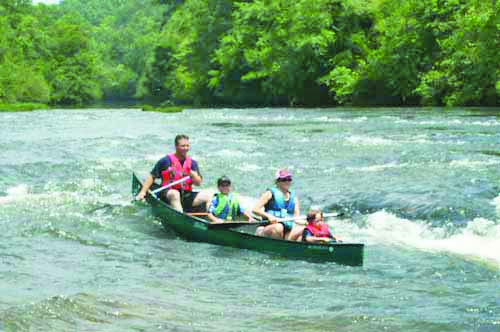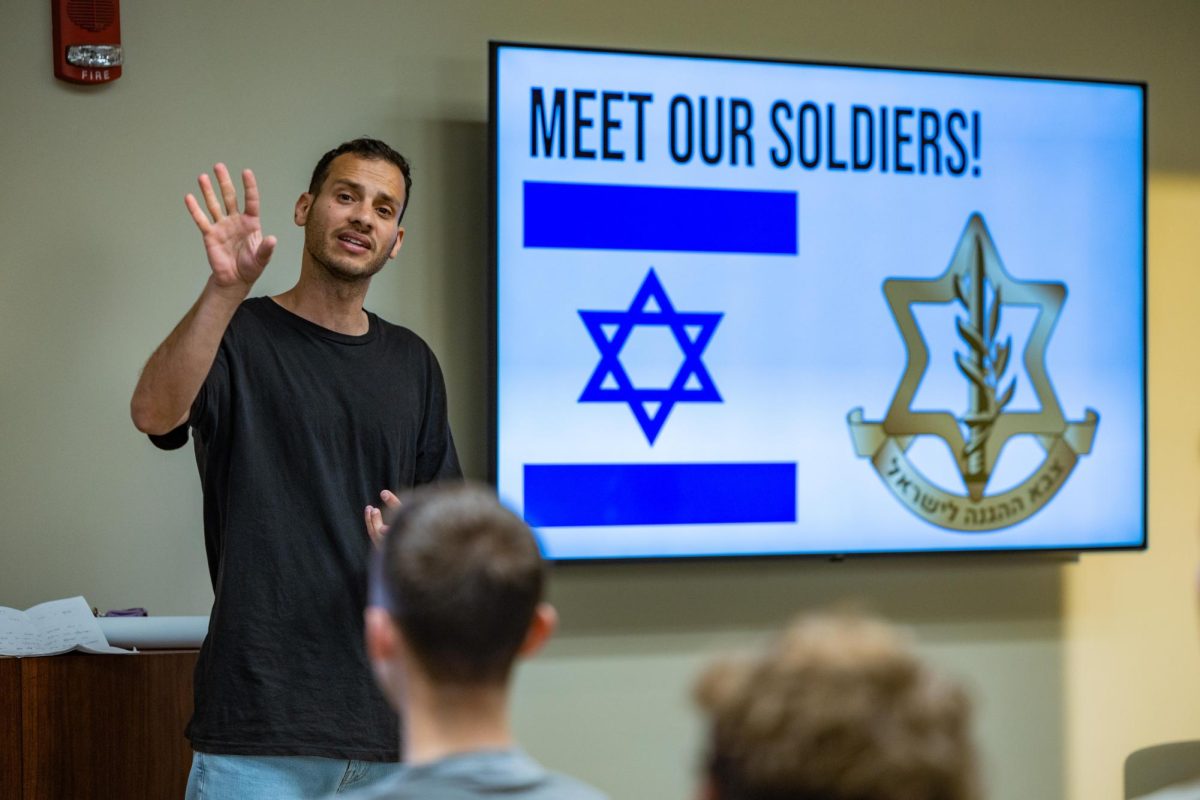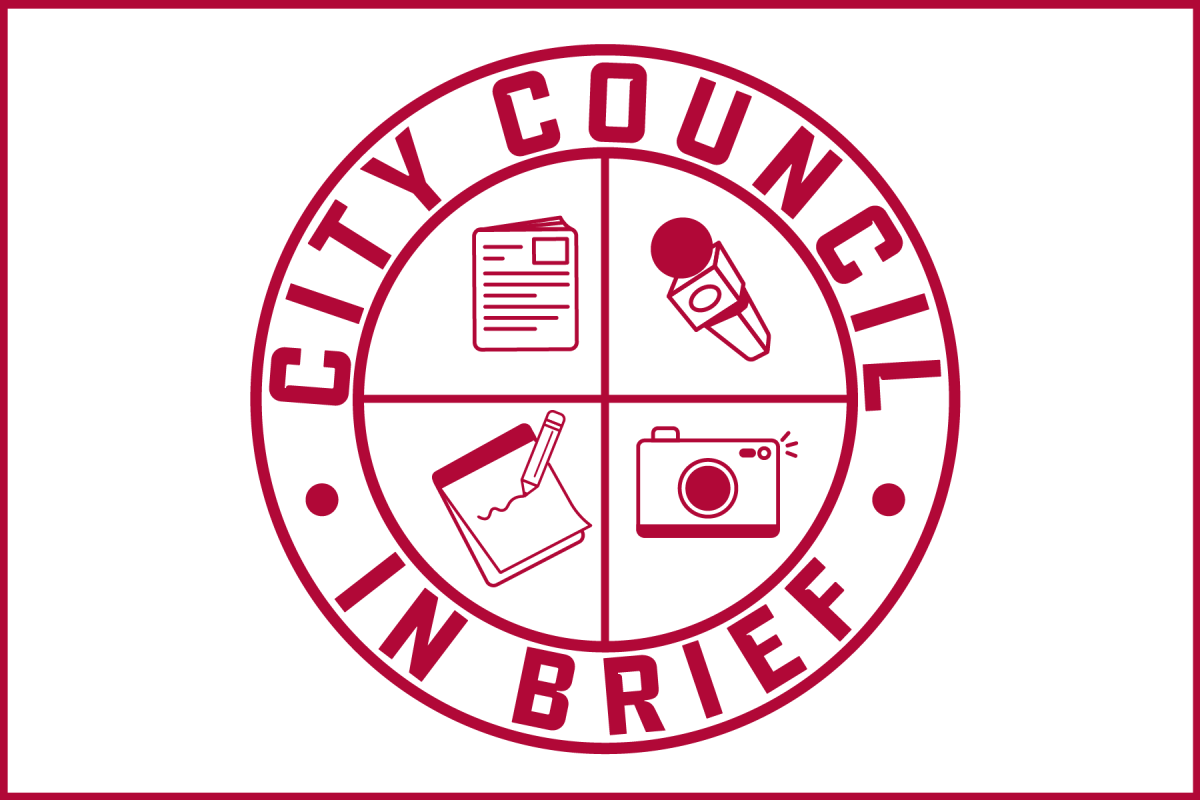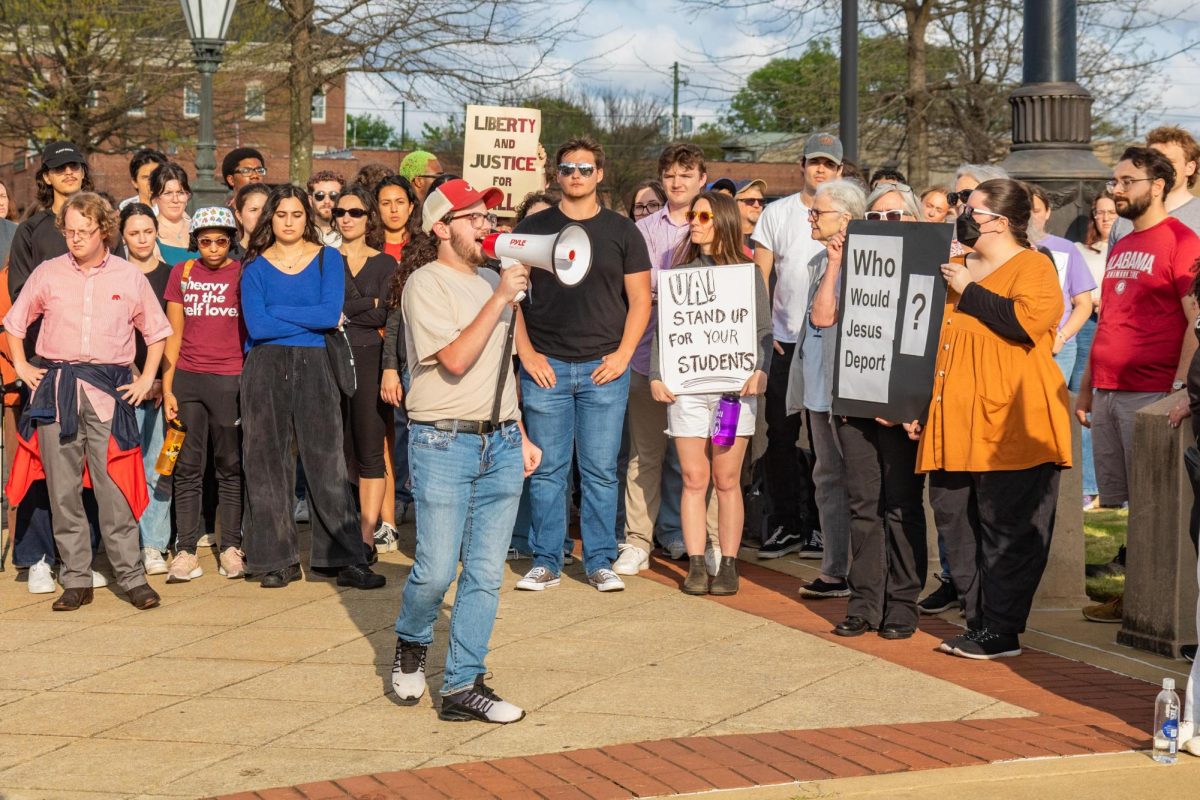Throughout July and early August, the museum will offer adventurers the chance to explore some of the state’s diverse landscape.
“We take them to some of the most interesting and scenic places in our state, some of which are sometimes only accessible through our program,” AMNH Director Randy Mecredy said.
The summer trips, part of the museum’s field science programs, are all led by experienced naturalist guides with equipment and transportation provided. Mecredy, who has personally led most of them over the past 13 years, said the trips have a lot to offer.
“Through guided experiences, participants are able to discover the enjoyment of visiting some of the hidden wonders of Alabama’s rich natural and cultural heritage,” Mecredy said. “At the same time, our programs inspire scientific curiosity, instill environmental awareness and are a natural pathway to the discovery of Alabama’s ?unique diversity.”
Naturalist Michael Hester said the AMNH has pursued these efforts for quite some time.
“The museum as a part of the University has been conducting trips of this type for over 36 years,” Hester said. “We want to make everyone aware of the incredible natural wonder that Alabama possesses.”
During the school year, the museum offers field trips that combine in-class curriculum with educational activities. Mecredy said during the summer, the museum continues these opportunities in a less formal, but equally meaningful, setting.
“For example, while tubing the Little Cahaba River, nature becomes our classroom,” Mecredy said. “If we cross paths with a snake, then we have an opportunity to explore this creature in its own environment – the same holds true for fish, or birds or bugs. We like to call these encounters ‘teachable moments,’ and it gives us the chance to share our knowledge about the natural diversity our state has to offer.”
In addition to trips, the museum also hosts a series of day camps and overnight camps.
“Our summer kicked off in June with our Art in Nature summer camp, a science and art camp for 3rd through 5th graders, and our Museum Expedition, a field camp in its 36th year,” said Allie Sorlie, the museum’s education outreach coordinator.
Mecredy said the expedition was an event that provided the opportunity to do scientific research in areas like archaeology, paleontology and geology. Students were eligible to earn school credit.
Sorlie said the museum also has another upcoming camp for 5th through 8th graders called the Science Day Camp.
“This week long camp will focus on a different area of science each day and includes hands-on learning with scientists in each field,” Sorlie said.
The cost to attend the camp is $125, but Mecredy said those who are interested should sign up soon, because space is limited and reservations are required.
“They hunt for fossils with a paleontologist, splash around in the river with ichthyologists, tromp in the woods with forest ecologists and track reptiles and amphibians with vertebrate biologists,” Mecredy said.
The day trips, including tubing, canoeing and fossil-hunting, cost $25 per outing. Programs are open to all, including students, adults, families and unaccompanied children at least 10 ?years of age.









